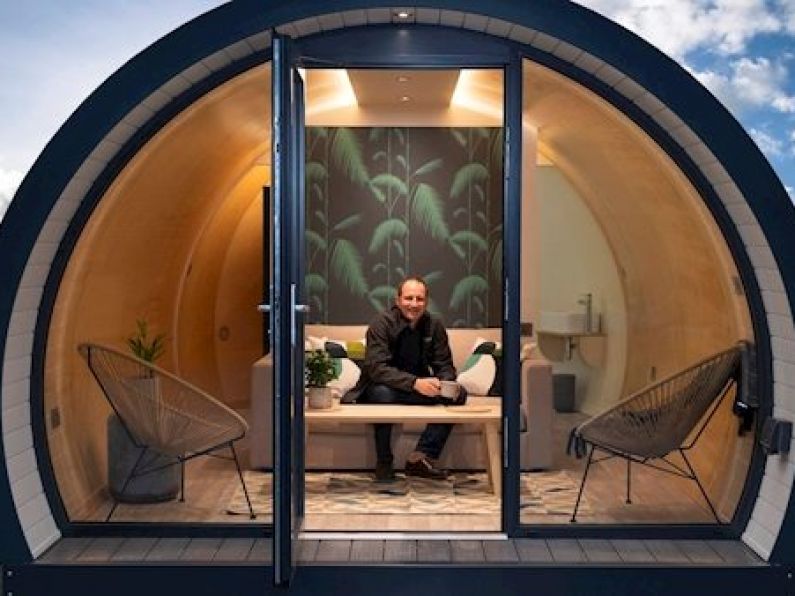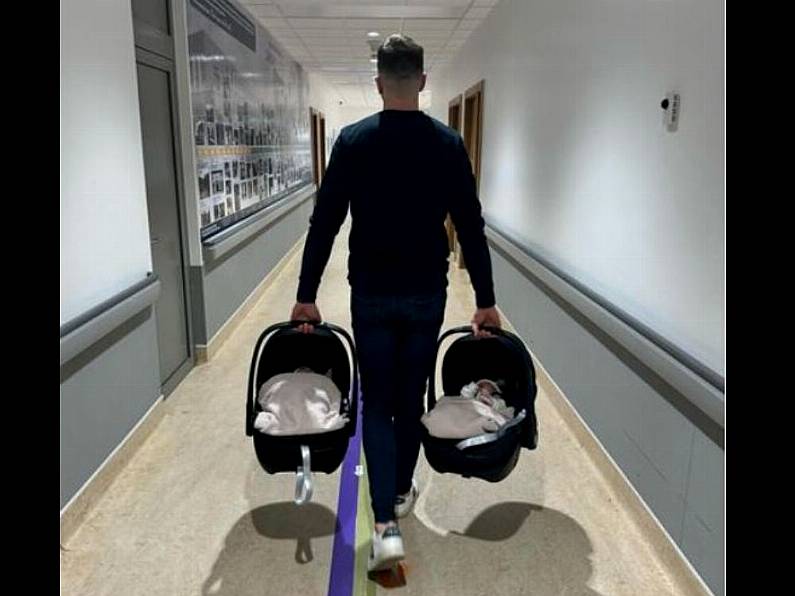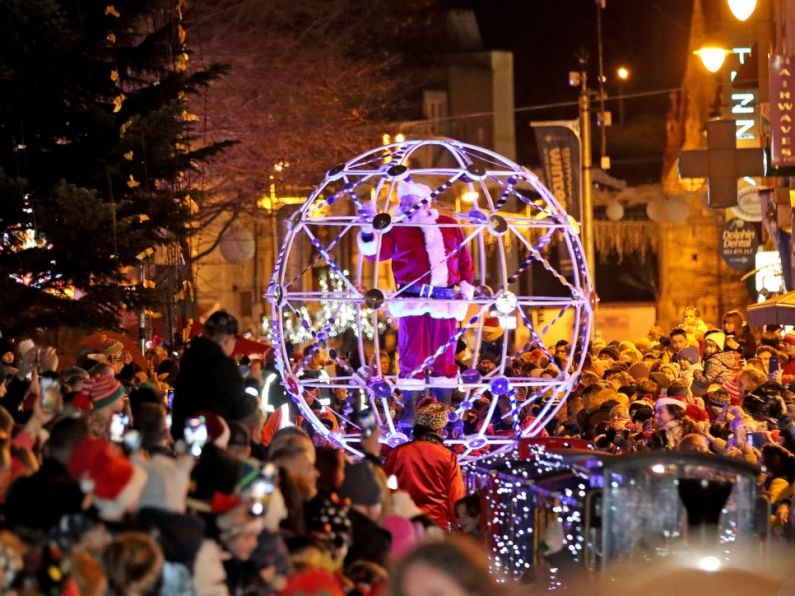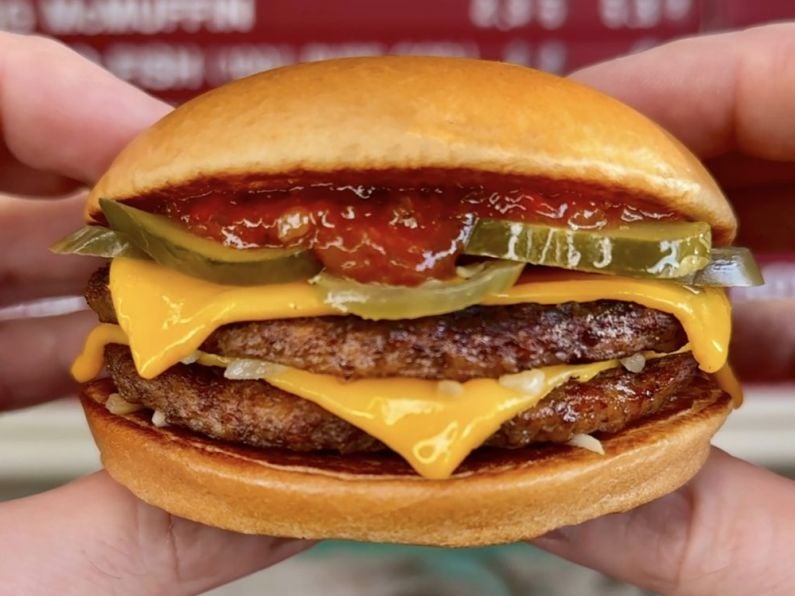A Belfast-based company is seeking landowners who want to utilise their unused fields to start their own micro-tourism enterprises.
One glamping pod development is currently underway in Wexford.
CEO and co-founder Peter Farquharson says the Further.Space holiday experience is aimed at “great escapers, social energisers, and independent travellers” who want to stay at locations off the beaten track.
With 12m visitors to Ireland in 2018, Mr Farquharson says vast resources of land representing significant tourist opportunities are being left untapped, as research found that up to 37% of tourists prefer non-traditional accommodation.
Mr Farquharson describes Further.Space holidaymakers as “happy urbanites who want to enjoy the simplicity of camping in beautiful surroundings without giving up their home comforts”.
The standard pod has a robust outer skin made from aluminium and the interior has LED lighting. Sleeping a family of four with a sofa converting to a “murphy” pull-down bed and a bunk bed to the rear, a fully functioning shower room and breakfast bar complete the accommodation.
Mr Farquharson says his company is looking to partner with “authentic characters with local knowledge”.
He says the profit-sharing partnership provides the landowner with a turnkey solution to develop a micro-tourism business.
The agreement consists of a 20-year lease, with the landowner funding the planning application and site works and bearing responsibility for hosting.
Further.Space provides the pods from its sister company, Intupod, and guidance through the planning process, a booking platform, and marketing and branding support.
Factoring in capital costs, site works, and planning, as well as services such as water, electric, and waste, and based on 50% occupancy, 180 nights at £100 (€116) per night, Further.Space projects an annual gross profit of £3,500 per pod for the first five years. In year six, the company says that increases to £6,500 per pod.
Mr Farquharson says revenues generated from the accommodation are not the end of the story.
We provide a capital asset for our landowners to build a business, so they will be upselling in terms of breakfasts, packed lunches, bike hire, tour guiding, and deals with local restaurants.
Having spent a decade as an engineer, Mr Farquharson moved to the non-profit sector. Subsequent roles with NGOs followed before he started Intupod in 2015 with energy efficient housing entrepreneur David Maxwell.
Glamping, or luxury camping, became popular through boutique festival experiences like Electric Picnic.
The decision to pivot their business model came about following a change in manufacturing materials from textile as the outer layer to aluminium. This move impacted on the price point and reduced the size of the market. So from September 2017, the company began to explore other revenue models.
Having spent months speaking to landowners, Mr Farquharson recognised that many had a desire to diversify their income streams. He spoke to “second- and third-generation farmers who are multi-tasking to survive”.
Many had “tried to go down the road of bricks and mortar but been frustrated by planning”. The solution provided by Further.Space has a low environmental impact and harnesses planning policies around diversification and sustainability in tourism. Projects are small scale and the company has resolved to limit schemes to eight pods.
Having launched in November 2018, it currently has agreements in place with 32 landowners — the first at Glenarm Castle in Antrim is due to open this summer, with four others underway in Donegal, Meath, and Cork, and additional projects in Scotland.
The project has received a total of £1.37m in outside funding to date.
Currently focused on the UK and Ireland markets, Further.Space plans to deliver 60 pods by March 2020, with a goal of 575, equivalent to 125 projects, over five years.
Image: Peter Farquharson, CEO of Further.Space, in one of his pods.






